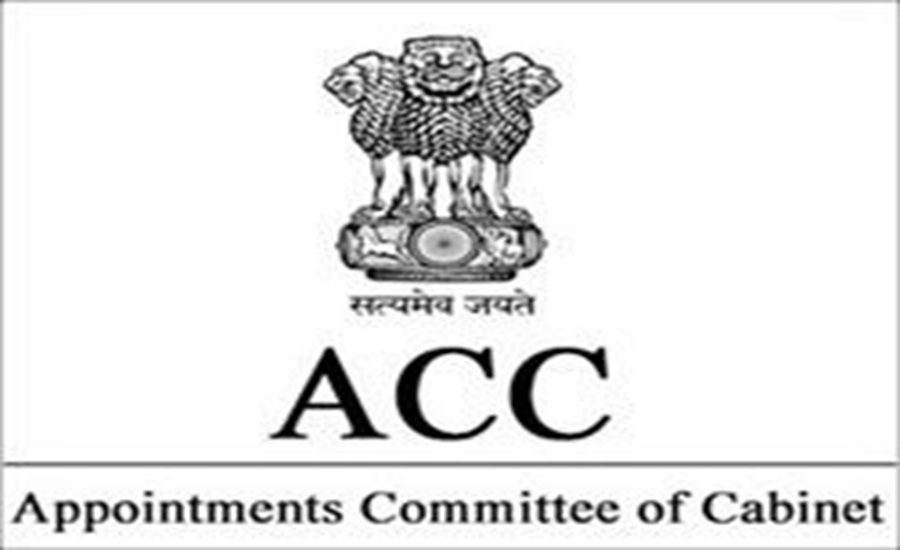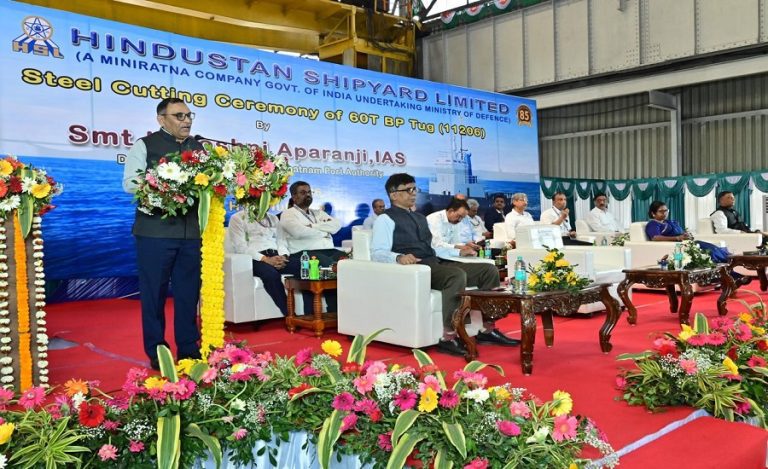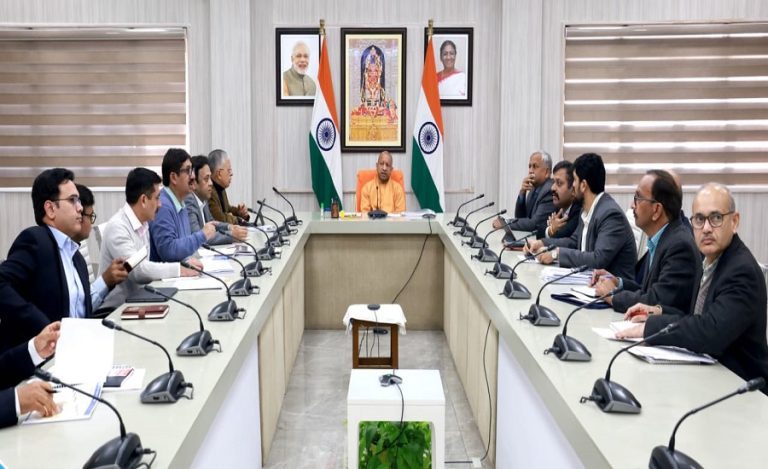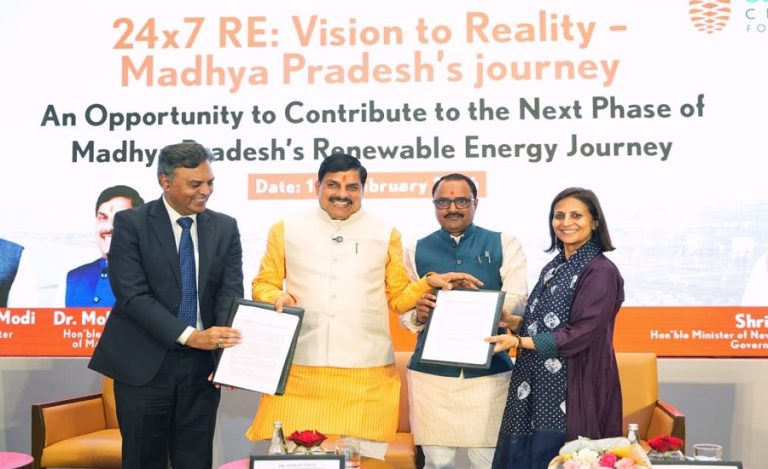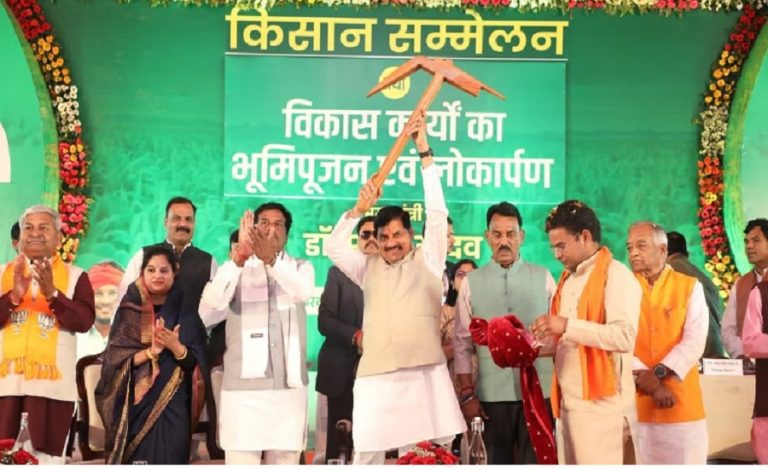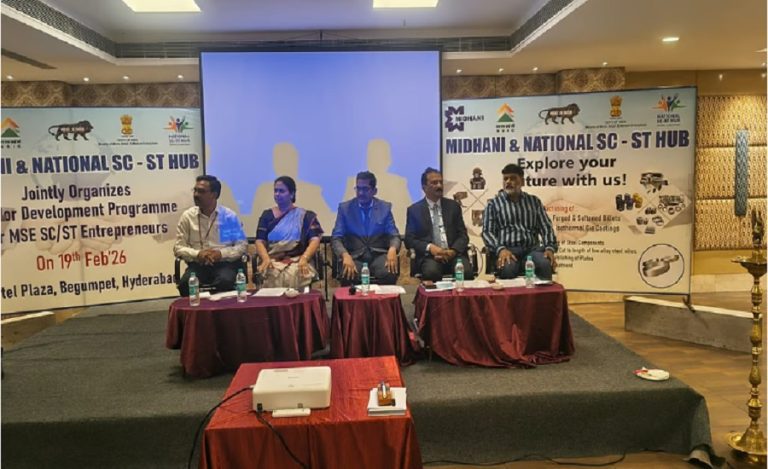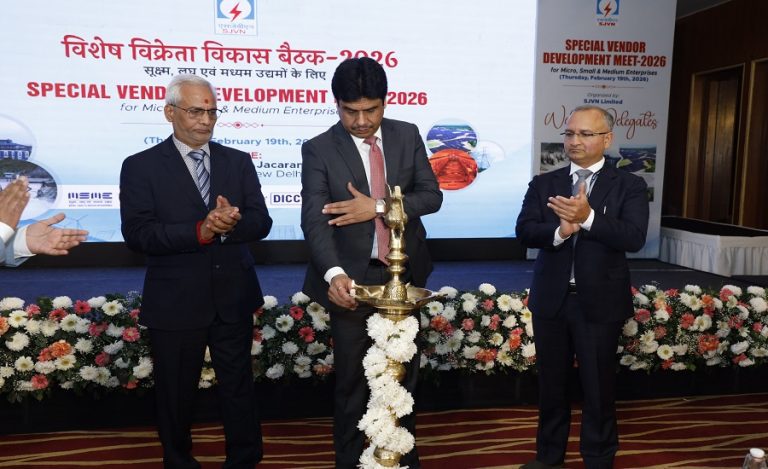New Delhi: Two significant administrative developments involving All India Services officers have come to light this week — one concerning a cadre transfer on marriage grounds, and the other marking the end of a prolonged deputation standoff between the Centre and a state government.
Aditya Kumar Singh Moves from Odisha to Maharashtra Post Marriage
The Appointments Committee of the Cabinet (ACC) has approved the cadre transfer of Aditya Kumar Singh (IPS: 2023: Odisha) to Maharashtra cadre. The move follows his marriage to Eshani Anand (IPS: 2024: Maharashtra), and has been granted on grounds of inter-cadre marriage, in line with standard service rules.
Such inter-cadre transfers are governed by Rule 5(2) of the IPS (Cadre) Rules, 1954, allowing officers to be in the same cadre to maintain family unity, subject to availability and state consent.
Rajasthan Government Relieves KK Pathak After Weeks of Delay
In a separate high-profile case, the Rajasthan Government has finally relieved Dr KK Pathak (IAS:2001) from his post as Secretary, Department of Personnel, paving the way for his central deputation as Joint Secretary in the Ministry of Fertilisers.
The move ends weeks of bureaucratic deadlock that began in July 2025, when Rajasthan reportedly withdrew its No Objection Certificate (NOC) for Pathak’s deputation, citing an acute shortage of IAS officers in the state.
Despite the state’s objections, the Centre had gone ahead and formally appointed Dr Pathak to the Joint Secretary post on September 13, 2025. The lack of formal relieving orders, however, created administrative ambiguity and widespread speculation.
With the official relieving order issued on October 15, 2025, Dr Pathak is now clear to assume his role at the Ministry of Fertilisers.
Context and Impact
The resolution of Dr Pathak’s deputation issue underscores the tug-of-war between Centre and States in high-level bureaucratic appointments.
Meanwhile, Aditya Kumar Singh’s cadre change highlights the continuing trend of IPS officers opting for cadre transfers after marriage, fostering family-friendly policies within the civil services.

